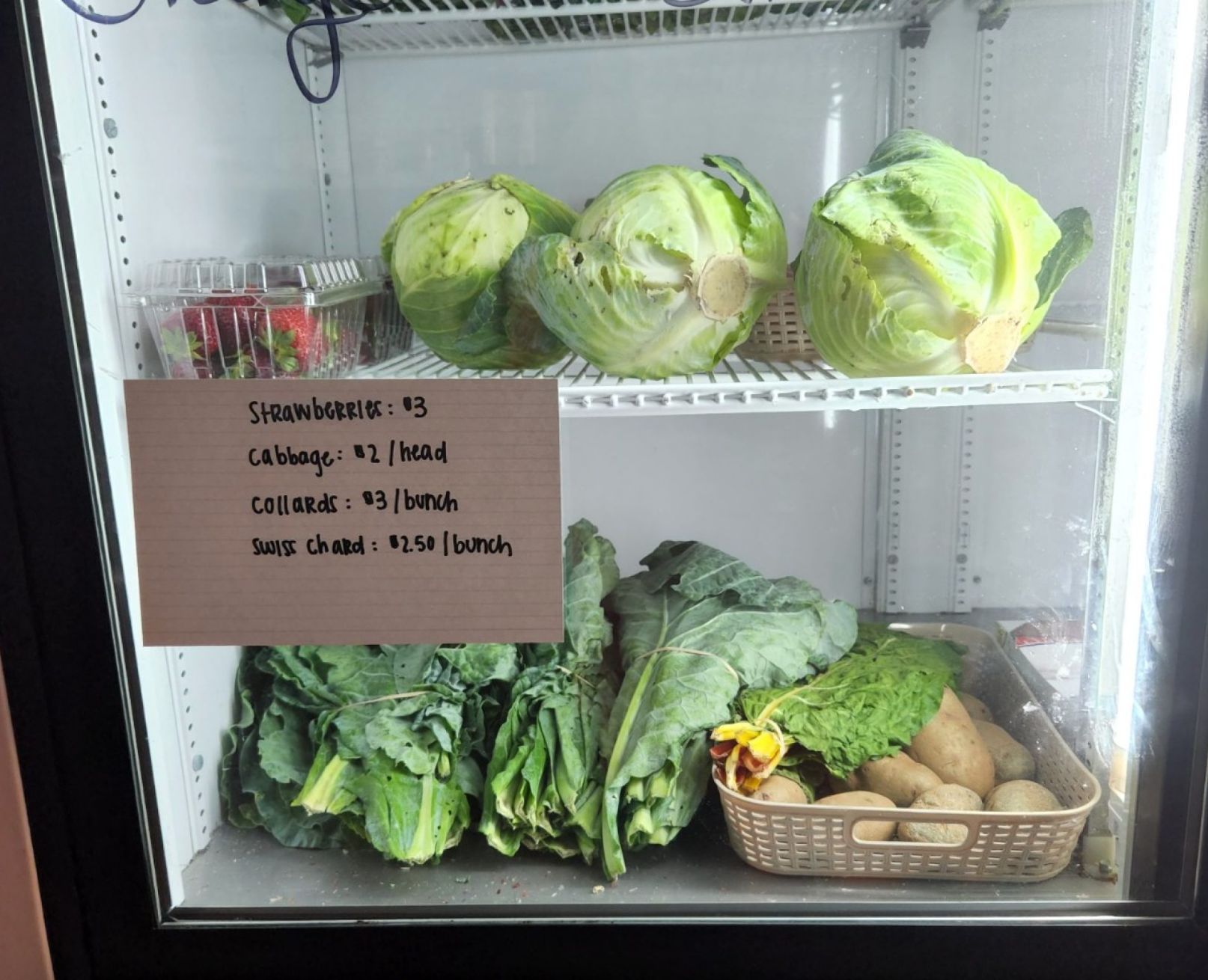A researcher at the Georgia Cancer Center at Augusta University received a grant that will help a project launched early this month at Peabody Apartments.
Dr. Malcolm Bevel’s research is titled Racial Disparities in Food Deserts, Food Swamps, and Multiple Cancer Outcomes: A Mixed Methods Analysis.
He said his research can supplement a project the cancer center is involved with along with the Augusta Housing Authority and Augusta Locally Grown to combat food deserts, food swamps and their impact on the health of people living in underserved communities.
“My research is two parts; we call it a mixed methods analysis. And the first part is looking at the relationship between food deserts, food swamps, and obesity related cancers in the Augusta area,” Bevel said. “Then the second part is to do a community needs assessment to determine if people would be interested in building community gardens and maintaining community gardens in those underserved areas.”
MORE: Students operate cannery during summer
The project at Peabody Apartments is call the Cancer Health Awareness through Screening and Education, or CHANGE. It is funded by a grant from the American Cancer Society and Pfizer. The grant Bevel received is one of six presented by Paceline to researchers at the cancer center.
“This grant helps it because we need exposure to the problems that people have been talking about this. And all we do here at the Georgia Cancer Center is basically be the voice of the people, be a voice of the voiceless. This grant through Paceline, that allows me to continue to do the research that I do, pay the community members, and do the community based participatory research approach in order to have equal footing as researchers and community members,” Bevel said.
Peabody Apartments has a market on the first floor for residents to buy some basic items.
“It’s really awesome that they have a market here, but the market did not have fresh fruits and vegetables,” said Dr. Marlo Vernon with the Georgia Cancer Center. “We reached out to Augusta locally grown, which I think is a really awesome resource to have in the community. And we were able to develop this amazing partnership where we have locally grown fruits and vegetables come into their market. Then they can just come down the elevator and go into their convenience store and get those fruits and vegetables.”
MORE: Area teachers undergo professional development at Augusta University Summer Institute
The U.S. Department of Agriculture defines a food desert as areas where people without a vehicle in an urban area live one mile from the nearest grocery store, or ten miles in a rural area.
“The difference between food deserts and food swamps is that food swamps have more proinflammatory or hyper inflammatory foods,” said Bevel. “So, you have your fast-food restaurants, you have your Chinese restaurants, the convenience stores where they sell all the high fat, high salt, high sugar products. It’s been a more novel term and probably a more accurate term to be used regarding food insecurity in America.”
Peabody Apartments is the first of what Vernon hopes will ultimately be five similar projects at other complexes. To expand, she knows they will need Augusta Locally Grown to get more produce from more people.
“If you have too much in your garden, and you are interested in selling it, absolutely contact them, you know, they make it so easy to be a part of it,” she said. Information on how to sign up to participate and contribute fresh produce to this program is at: https://www.augustalocallygrown.org/
Dana Lynn McIntyre is a general assignment reporter for The Augusta Press. Reach her at dana@theaugustapress.com










